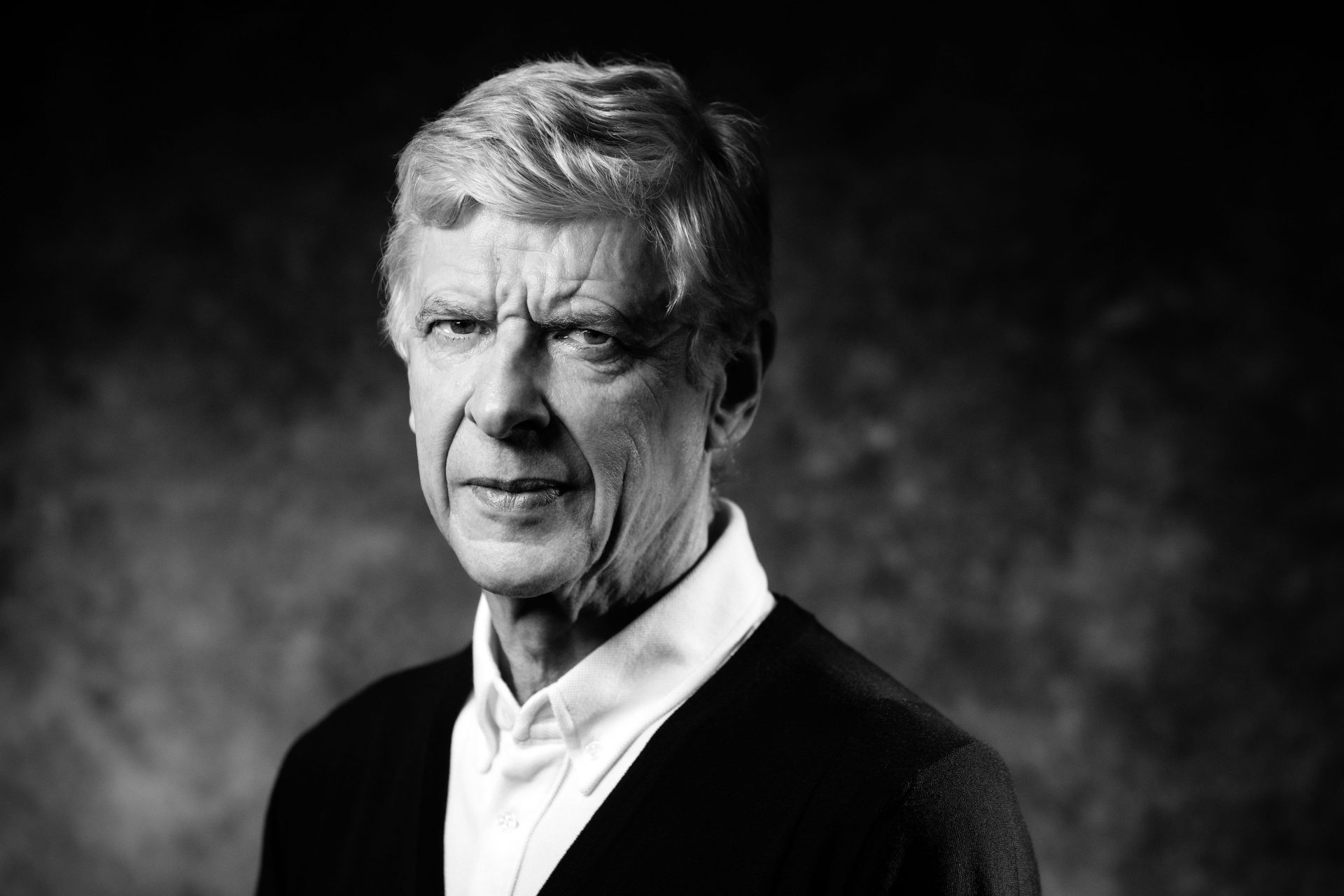The end of the Cold War put the German Question back on the international agenda: Put simply, is Germany “by its very nature a destabilising rather than a stabilising force in Europe”, as Margaret Thatcher once remarked?
French president François Mitterrand agreed, Thatcher noted glumly, but wanted to “move ahead faster towards a federal Europe in order to tie down the German giant”.
The British prime minister disagreed. She was sure that reunification would make Germany “simply too big and powerful to be just another player within Europe”.
In an interview with the Spectator on Bastille Day 1990, Thatcher’s trade secretary Nicholas Ridley said that the European Community, with its proposed economic and monetary union was “a German racket designed to take over the whole of Europe. It has to be thwarted.” He wasn’t against giving up sovereignty in principle, but not to this lot. “You might as well give it to Adolf Hitler, frankly.”
The United States had a positive attitude towards German unity, but even there, influential thinkers warned of its destabilising effect. Two months after Ridley’s rant, John Mearsheimer, chief proponent of the ‘realist’ school of American foreign policy, claimed that peace in Europe could best be ensured by the “controlled proliferation” of nuclear weapons on the continent – specifically to Germany and Ukraine – and American “offshore balancing” between Britain, France, Germany, Ukraine and Russia.
Three decades later, the doomsayers would seem to have been proved wrong. The EU is stable and set to absorb the rest of the Balkans by the end of the decade.
Germany is surrounded by friends, border controls are a thing of the past, as are pesky currency exchange rates. Germany is a respected member of an expanded Nato and – in spite of the defeat in Afghanistan – is doing its military bit in the Baltics and Romania, in Kosovo, Jordan, Syria and Iraq, Mali, South Sudan and the Western Sahara, the Mediterranean, the Atlantic and off the Horn of Africa.
Germany also has considerable soft power. In a typical ranking of ‘best countries’ – by US News & World Report – Germany came third after Canada and Japan. In spite of losing its place as Exportweltmeister to China in 2009, the country is still seen as an industrial powerhouse and as a force for good in the world. So what’s not to like?
Ask the Poles and other Eastern Europeans. They fret about the Nord Stream 2 pipeline that bypasses them to connect Germany directly to Russia’s gas fields.
Ask the Greeks. They’re still angry at the way Germany used the sovereign debt crisis to impose austerity on southern Europe.
Ask the Hungarians. They see Germany as opening Europe up to Muslim immigration and imposing its post-national and multicultural vision on a continent that is still rooted in Christian values and based on the nation state.
Ask the French. They feel they have been sidelined by the Germans instead of being recognised as partners in leadership.
Ask the Brits. Most Brexiteers still echo Nicholas Ridley’s fears, and recent tiffs, from fishing rights via sausages to vaccines, have done little to disperse them.
Ask the Americans. They complain that Germany still refuses to spend the 2% of GDP on defence that the country committed to as a member of Nato.
Ask the Germans. They feel that the EU is a racket designed to make Germany pay for other countries’ lavish welfare states; that the European Central Bank has destroyed their savings with a policy of cheap money aimed at helping spendthrift southerners; that the Eastern Europeans refused to share the burden of immigration after Germany opened its borders in 2015; that the Brits left them alone to manage a Union that is falling apart at the seams, that the French are windbags and that the Americans are liable at any moment to succumb to a fresh bout of Trumpism.
None of these perceptions – of the Germans and by the Germans – is totally false. They boil down to the fact that unilateralism is a constant temptation for German leaders; and that they succumb to it more often than is good for Europe. Think Gerhard Schröder’s abortive ‘Axis Moscow – Berlin – Paris’ or Angela Merkel’s decisions to abandon nuclear energy, torpedo the merger of Airbus and British Aerospace, subvert the mission against Muammar Gaddafi or install Ursula von der Leyen as president of the European Commission.
Whoever succeeds Merkel will have their work cut out repairing the EU and Nato – which means accepting a leadership role while renouncing unilateralism, defining Europe’s global interests – especially in Africa and the Middle East, which Joe Biden has more or less written off – and forging alliances to achieve them, especially with a Britain that is slowly waking up to the fact that it has nobody else to rely on.
- Alan Posener is a commentator for Die Welt



